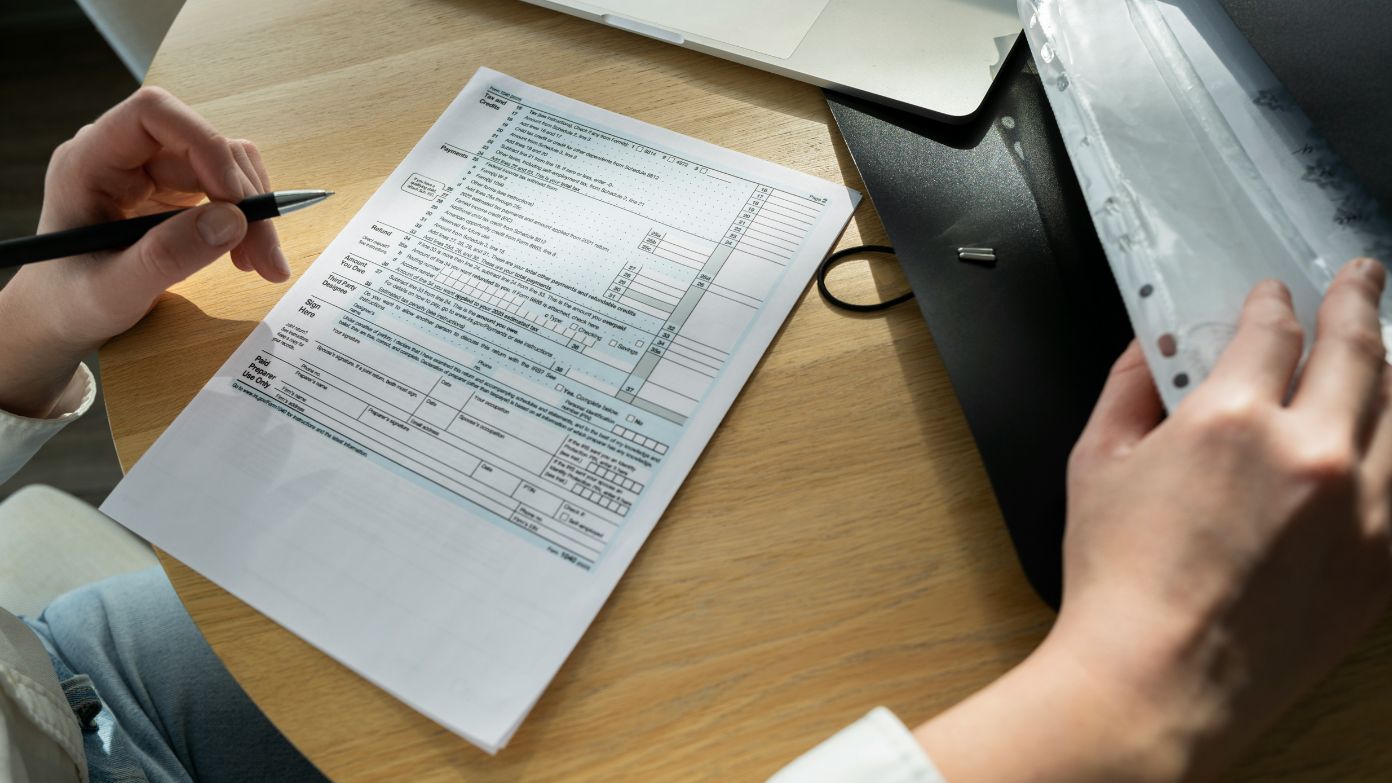Tax debt can get overwhelming, and if the IRS decides to garnish your wages, the intensity gets aggravated. You might be thinking, can the IRS garnish your wages without prior warning? How many notices will they send before doing so? Let’s break it down so that you will understand what to expect and how to respond.
Can the IRS garnish wages without warning?
No, the IRS cannot garnish your wages without first notifying you. They are bound by law to follow specific procedures before they can take a wage levy. This ensures that you are notified and provided an opportunity to pay your tax liability before a garnishment can occur.
How many notices does the IRS send before garnishing wages?
The IRS typically sends a series of notices before proceeding with wage garnishment.
- Notice and demand for payment: The IRS sends this initial bill upon deciding your tax liability, calling for payment of the amount assessed.
- Final notice of intent to levy and notice of your right to a hearing: The IRS issues this final notice at least 30 days before they begin a levy on your wages if the debt remains unpaid. This notice informs you of their intent to levy and your right to a hearing.
It should be noted that the IRS may send more than a single notice before the final notice, but the quantity may vary depending on individual circumstances.
What happens if you ignore IRS notices?
Ignoring IRS notices can lead to serious consequences, including:
- Wage garnishment: A portion of your paycheck may be seized to satisfy your tax debt.
- Bank levies: The IRS can withdraw funds directly from your bank accounts.
- Property seizure: Assets such as vehicles or real estate may be seized and sold.
Addressing IRS notices promptly can help you avoid these aggressive collection actions.
How much of your wages can the IRS garnish?
The IRS will withhold the amount based on your filing status, the number of dependents you claim, and your standard deduction. They provide your employer with Publication 1494 and specify the exempted amount you can keep. Your employer is allowed to garnish wages beyond the exempt amount to cover your tax debt.
Can you stop IRS wage garnishment?
Yes, there are several ways to stop or prevent IRS wage garnishment:
- Paying your tax bill: Paying the total amount due will stop collection activity.
- Entering into a payment plan: Installing an installment agreement enables you to pay your debt in installments, usually ending garnishment.
- Establishing financial hardship: In case of serious financial hardship caused by garnishment, the IRS can lift the levy.
- Filing an offer in compromise: This enables you to pay less than the full amount of your tax debt if you qualify.
What should you do if you receive a final notice from the IRS?
This is what you will get when you get your levy notice:
- Do not ignore it: Time is of the essence.
- Call the IRS: Discuss options, including payment plans or hardships.
- Consult a tax professional: A tax professional will walk you through the process and negotiate directly with the IRS on your behalf.
Related article:
Goodbye to IRS paper checks: here’s how Trump’s executive order affects your refund and what to do
IRS Form 8027 in 2024: what is it, instructions, how to fill it out, and where to apply

